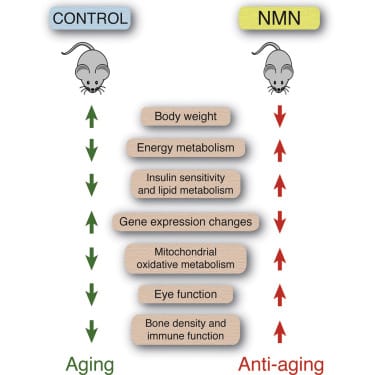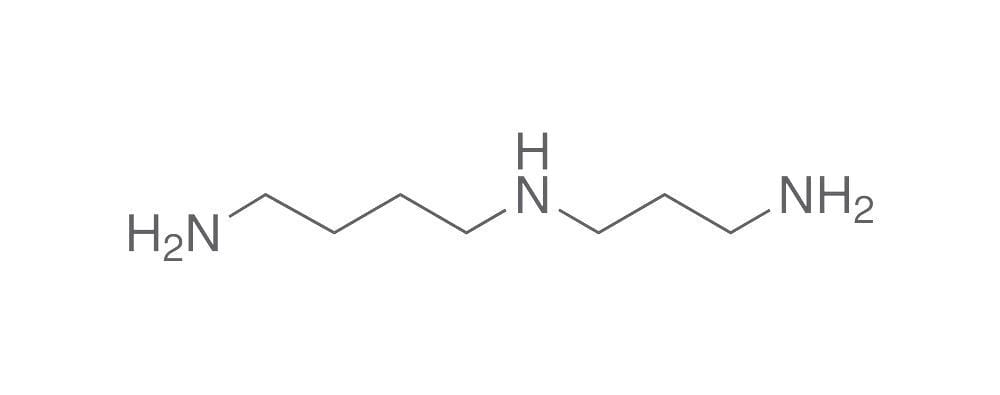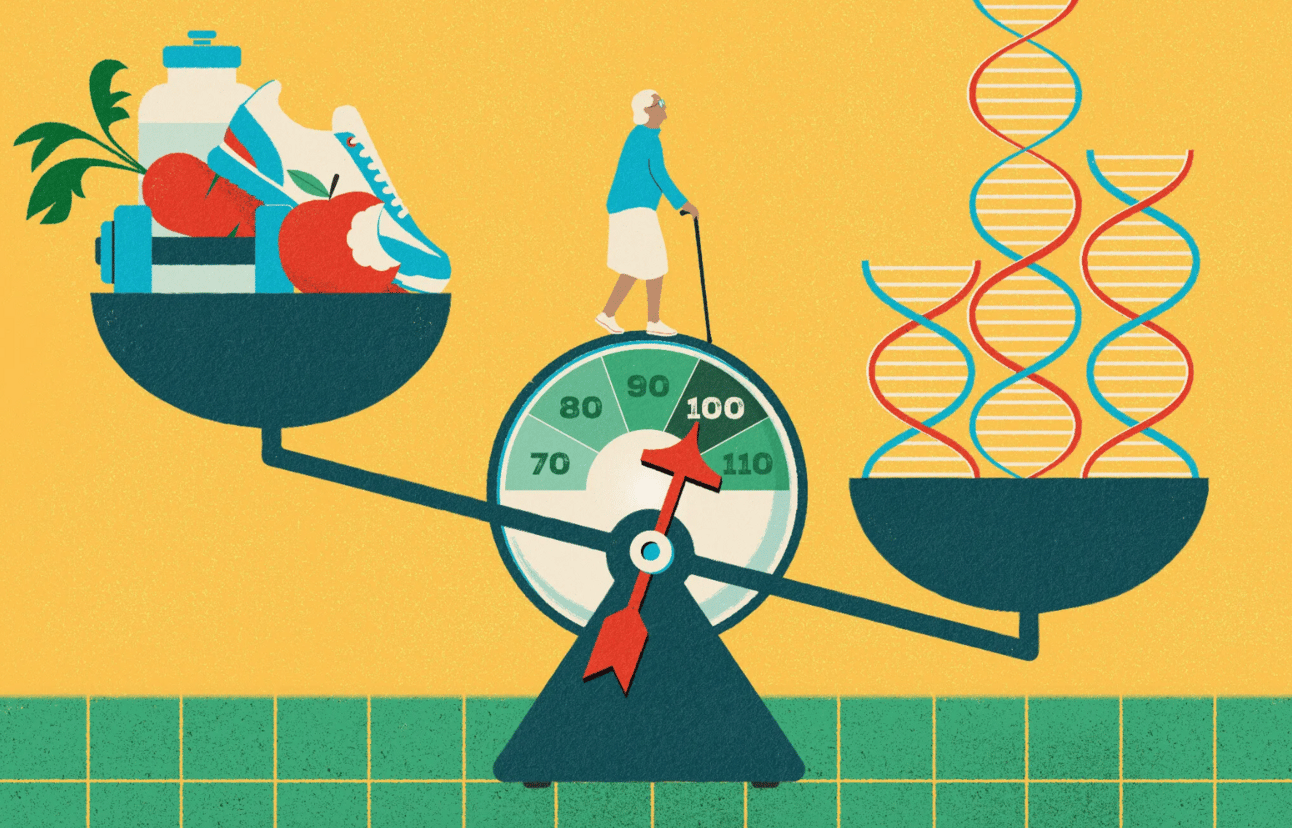- Aeviva
- Posts
- NMN, Resveratrol, Spermidine. What Actually Works?
NMN, Resveratrol, Spermidine. What Actually Works?
The internet loves these longevity supplements. But which ones hold up when you dig into the science?
You’ve probably seen them everywhere. NMN for energy and cellular repair. Resveratrol for anti-aging and cardiovascular health. Spermidine for autophagy and longevity.
They’re not new, but they’re back in the spotlight in 2025. Wellness influencers are stacking them. Biohackers are debating them. Supplement companies are promising more than ever. But what’s hype, and what’s worth your money?
This edition breaks down the big three in the longevity world. We’ll look at how they work, what the research actually says, and how to use them smartly, if at all.
Organizations that need security choose Proton Pass
Proton Pass Business is the secure, streamlined way to manage team credentials. Trusted by over 50,000 businesses worldwide, Pass was developed by the creators of Proton Mail and SimpleLogin and featured in TechCrunch and The Verge.
From startups to nonprofits, teams rely on Proton Pass to:
Share passwords safely with end-to-end encryption
Manage access with admin controls and activity logs
Enforce strong password policies with built-in 2FA
Revoke access instantly during employee turnover
Simplify onboarding and offboarding across departments
Whether you're running IT for a global team or just want Daryl in accounting to stop using “password123,” Proton Pass helps you stay compliant, efficient, and secure — no training required.
Join the 50,000+ businesses who already trust Proton.
1. NMN (Nicotinamide Mononucleotide)
What it is: A precursor to NAD+, a coenzyme that fuels mitochondrial function, DNA repair, and energy metabolism.
Why it matters: NAD+ declines with age. Boosting it could theoretically improve energy, brain function, and cellular repair.
What the science says:
Animal studies are promising. NMN has extended lifespan in mice, improved insulin sensitivity, and supported cardiovascular function. In humans, results are more mixed. Some trials show improved physical endurance and insulin sensitivity. Others show very little effect. Absorption and bioavailability are ongoing debates.

Fun fact: NAD+ levels drop by as much as 50 percent between your 30s and 60s. NMN is one of the only known ways to raise it.
2. Resveratrol
What it is: A plant polyphenol found in grapes, berries, and red wine. Known for activating sirtuins, the genes associated with cellular survival and longevity.
Why it matters: Sirtuins play a key role in DNA stability, metabolism, and inflammation control. Activating them could slow biological aging.
What the science says:
In animal studies, resveratrol has extended lifespan and improved metabolic markers. In humans, the data is inconsistent. The biggest issue is bioavailability. Most of it is broken down in the liver before it reaches your cells. Some newer forms use micelle or liposomal delivery to improve absorption, but results still vary.
Did you know? You would need to drink over 1000 bottles of red wine to reach the dose of resveratrol used in typical lab studies. Do not try.
3. Spermidine

Spermidine structure
What it is: A natural polyamine found in wheat germ, soy, mushrooms, and aged cheese. Known for triggering autophagy, the process where cells clean out damaged parts.
Why it matters: Autophagy slows with age. Supporting it could help clear cellular debris, reduce inflammation, and improve metabolic health.
What the science says:
In mice, spermidine extends lifespan and improves heart health. Human trials are limited but early results are promising. One study showed improved memory and cognition in older adults. Unlike resveratrol, spermidine seems to have better oral absorption and has fewer delivery challenges.
Fun fact: In one 2021 study, higher spermidine intake was associated with a 40 percent lower risk of cardiovascular death in humans.
Verdict: The dark horse of the three. Backed by early human trials and decent absorption. Worth watching.
Which One Is Actually Worth Taking?
All three of these compounds are exciting, but none of them are magic. If we had to rank them based on practicality and evidence, spermidine stands out. It absorbs well, works in small doses, and early human trials show promising results. NMN comes next. The mechanism is solid, especially for those over 40 or under high stress, but results can vary depending on individual biology. Resveratrol ranks last. While the theory is compelling, most commercial products fail on bioavailability, and the human data is still weak. If you're building a longevity routine, start with one supplement, test your response, and always pair it with the fundamentals. Sleep, movement, protein, and blood sugar control still do more for your lifespan than any capsule ever will.

Source: The New York Times
NMN, resveratrol, and spermidine are not scams. But they are often misunderstood. None of them replace sleep, protein, movement, or blood sugar control. They’re tools. And like any tool, they only work if the foundation is solid.
The best longevity strategy still starts with habits. Then comes the data. Then, maybe, the supplements. If you’re going to use them, use them with purpose.
Take-Home Summary
NMN helps restore NAD+ levels and supports energy, but human data is still evolving
Resveratrol activates longevity genes, but most forms have poor absorption
Spermidine supports cellular cleanup through autophagy and shows early promise
Supplements should support your health strategy, not replace it
Look for third-party tested products, not just influencer buzz


Reply